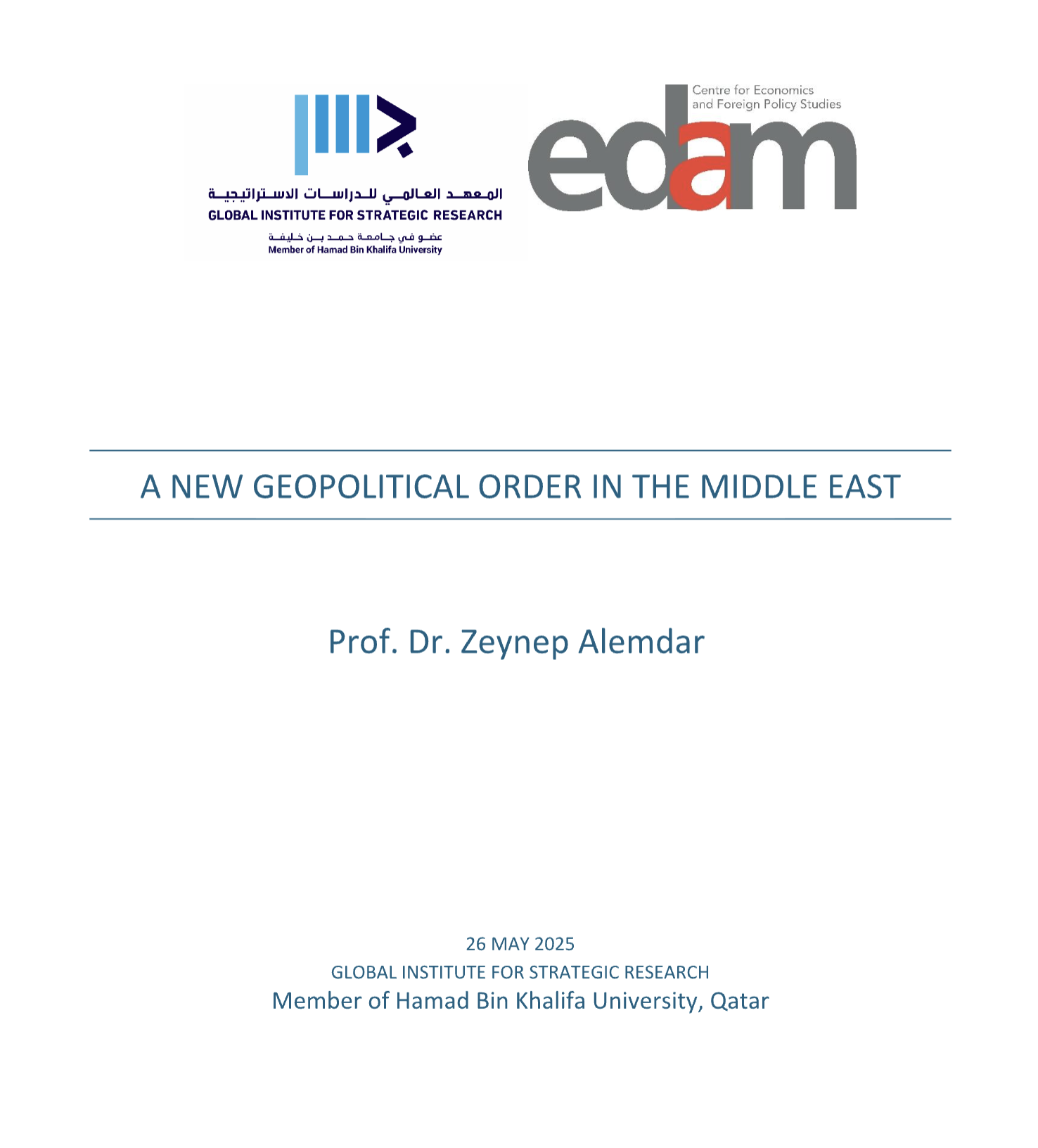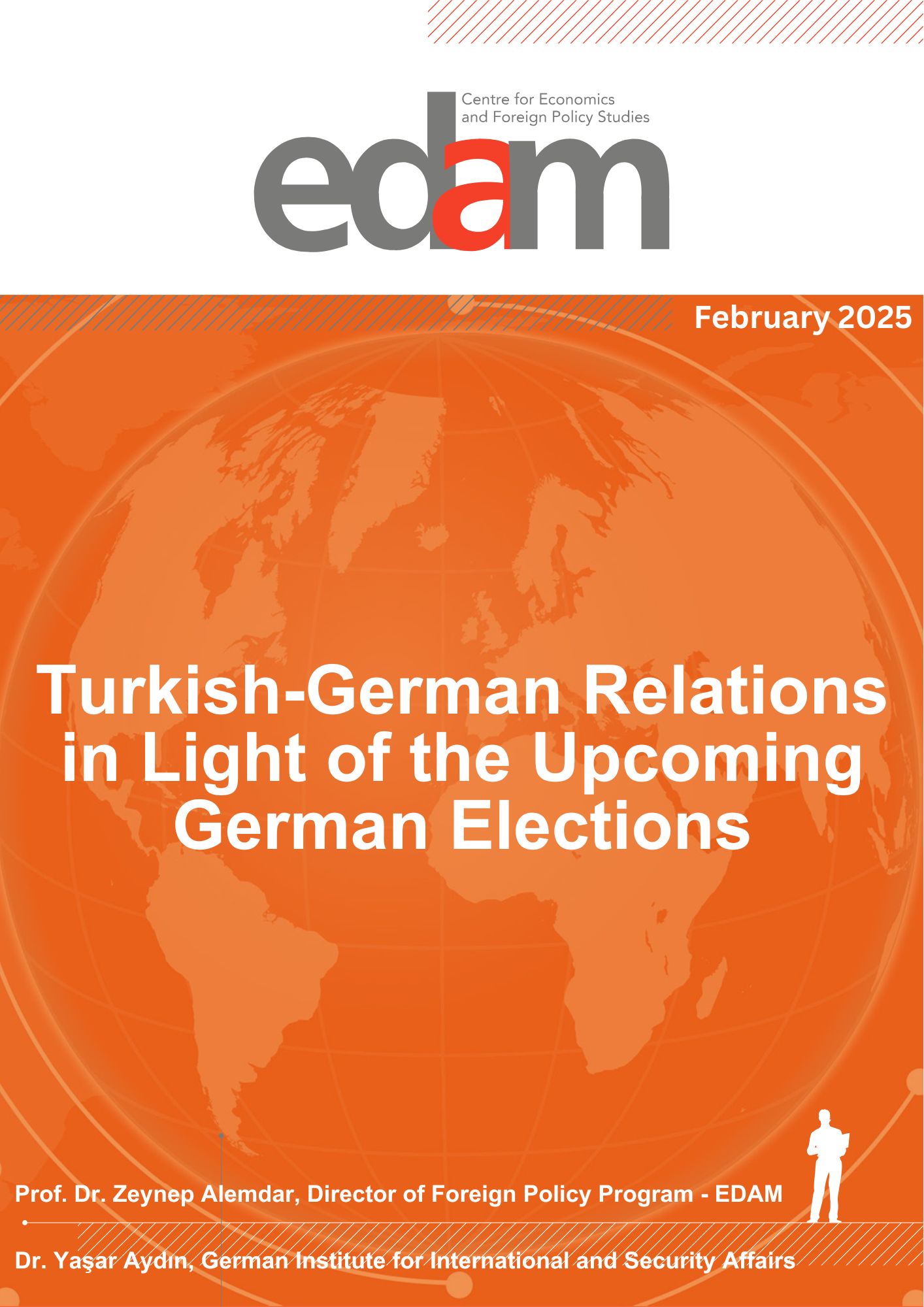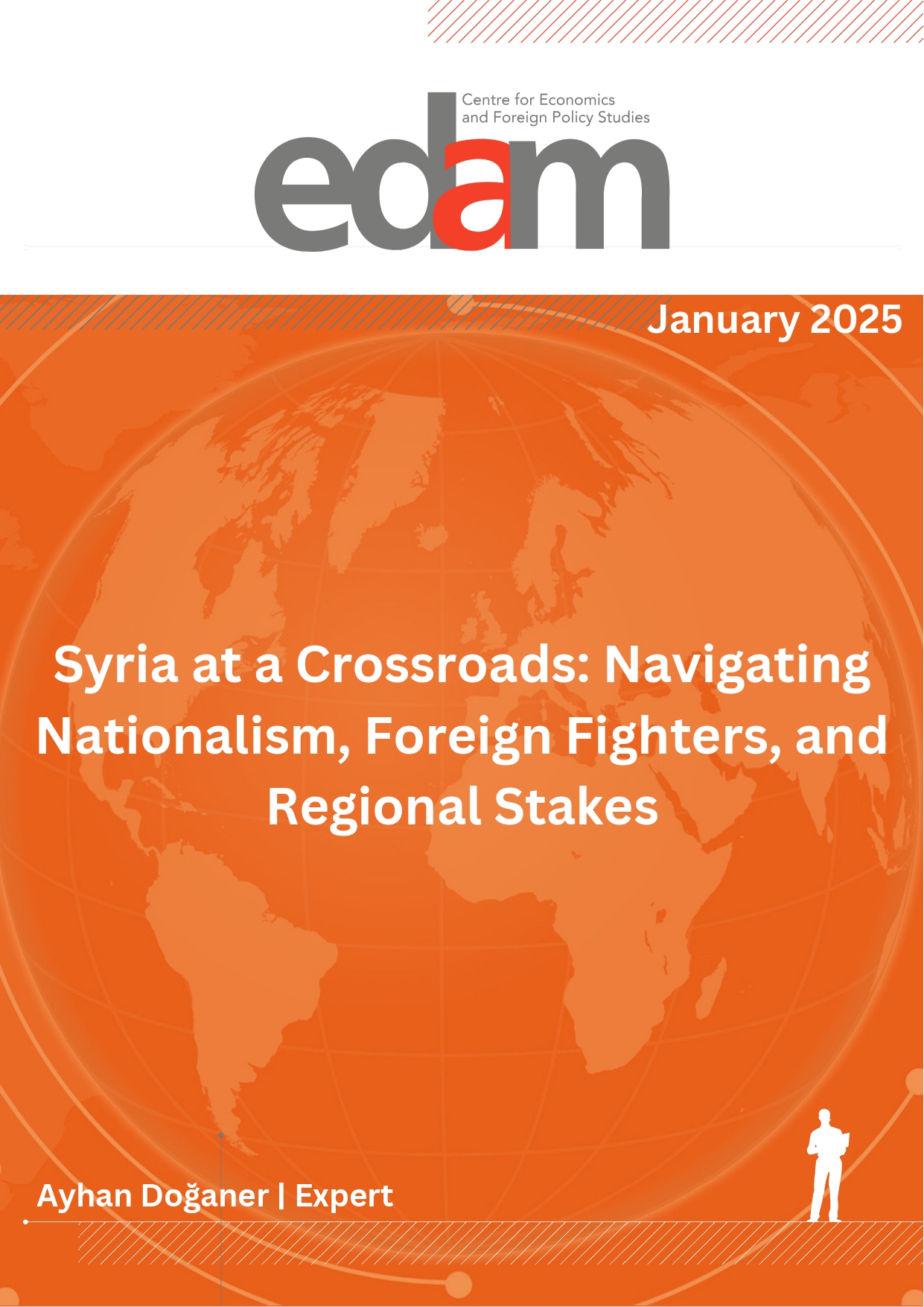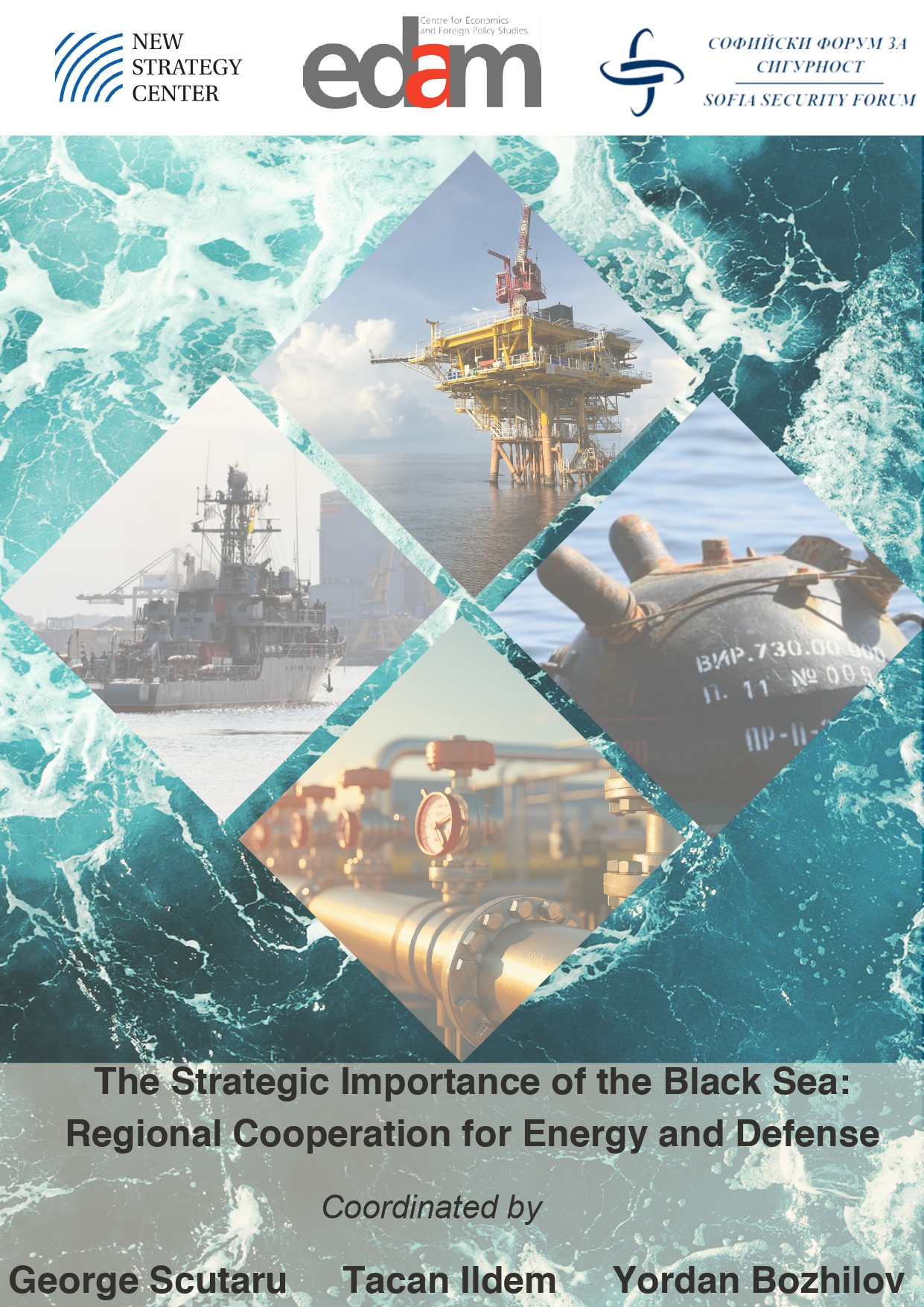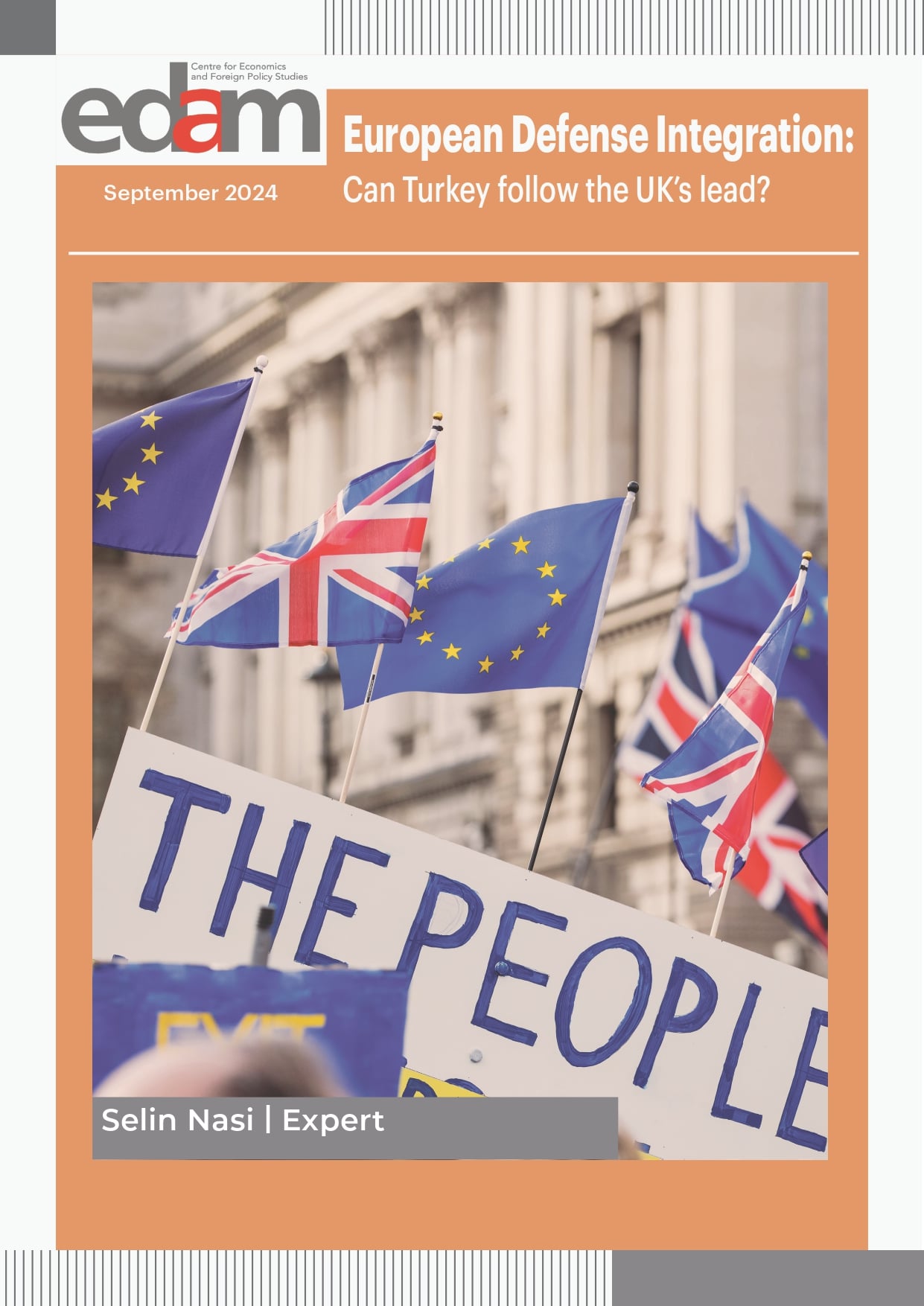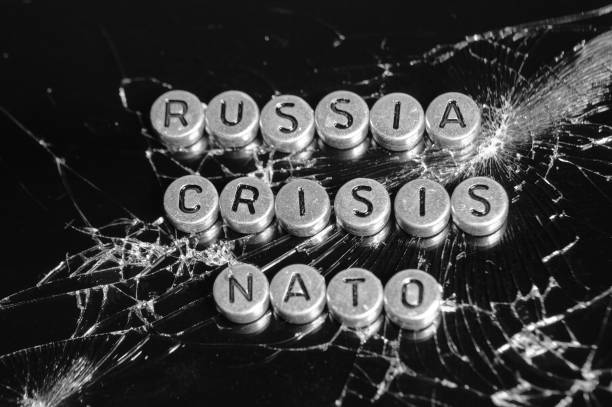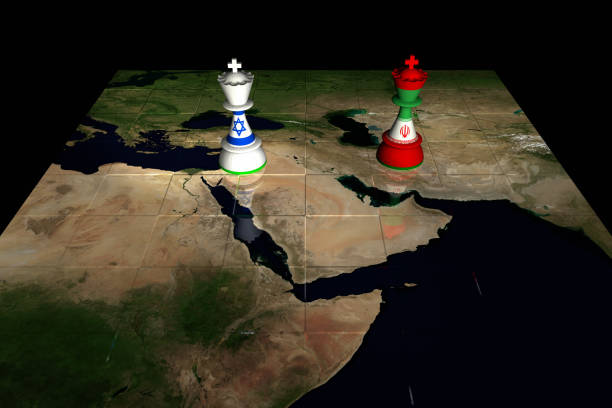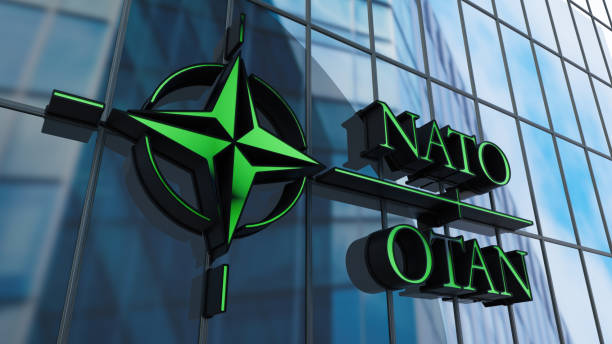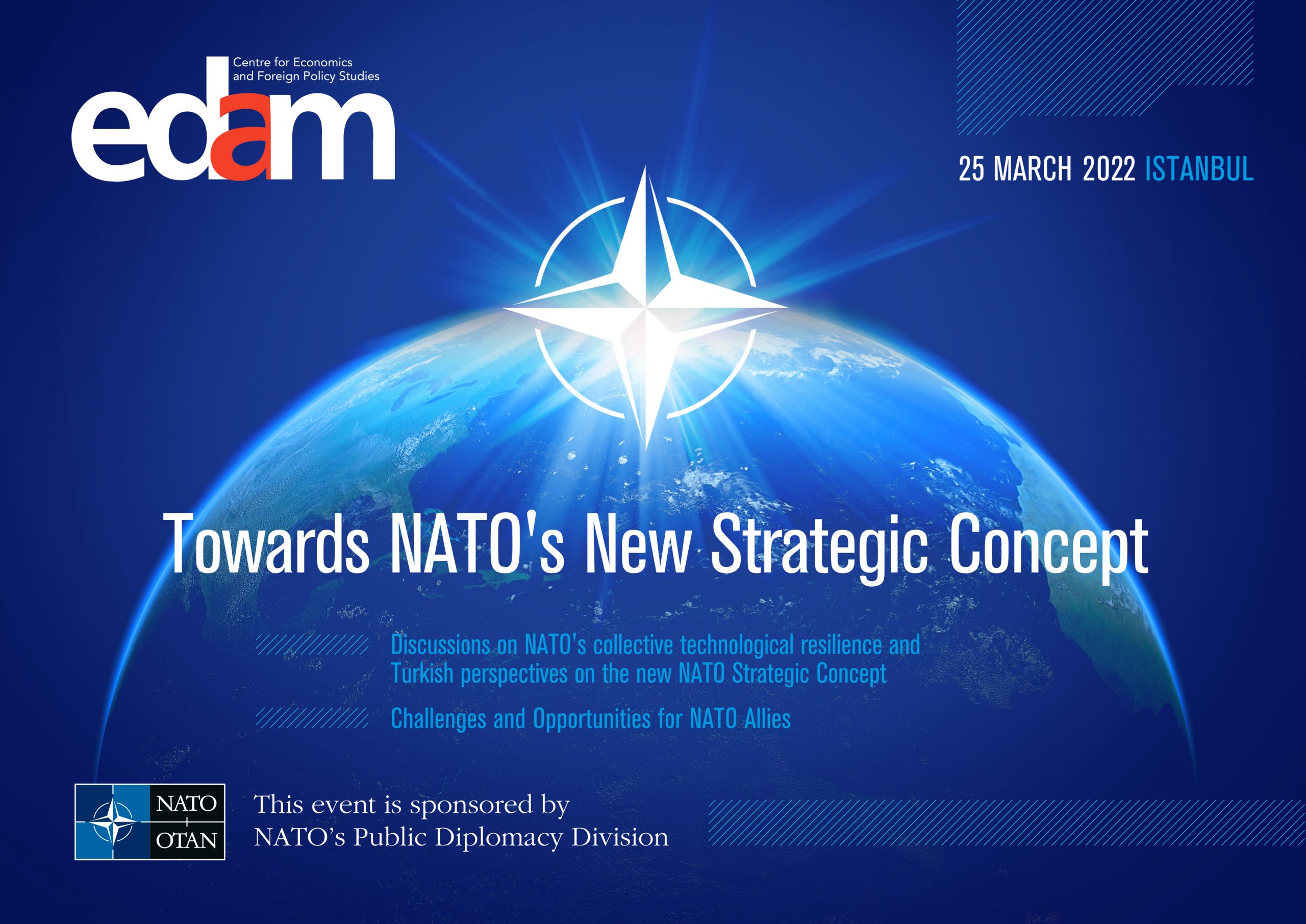
Towards a New NATO Strategic Concept
A brief background paper to frame the panel discussion
Like all other international organizations NATO adapts itself to the changes in the security environment. In fact it has proven its success in doing so in its more than seventy years of history with different waves of adaptation. At the Brussels Summit in 2021, NATO Heads of State and Government agreed on NATO 2030, a transatlantic agenda for the future, which compliments and builds on NATO’s ongoing political and military adaptation. They invited the Secretary General to lead the process to develop the next Strategic Concept.
The current Strategic Concept which was adopted in 2010 served NATO Allies well. However, the security environment has dramatically changed since then. Even the last few weeks have shown us how dramatic developments like the Russian invasion of Ukraine in blatant violation of the fundamental principles that have underpinned the European security can happen now in the European continent. After the illegal and illegitimate annexation of Crimea by Russia in 2014 and the aggressive policies it started to implement to destabilize the Donbas region of Ukraine NATO adopted a dual-track approach towards Russia, on the one hand by strengthening its deterrence and defence and on the other hand by maintaining a periodical and meaningful dialogue with Russia. It was in the face of these aggressive pattern of behavior of Russia that NATO declared it as one of the main threats to consider. The same year ISIL/DAESH gained ground with its terrorist attacks in Syria and Iraq that culminated to the control of territories by this terrorist organization. NATO has taken series of decisions since then to bolster its deterrence and defence that resulted with its military adaptation. NATO has implemented the biggest reinforcement of collective defence in a generation. There is no doubt that in the foreseeable future a more aggressive Russia with its revisionist approach to the European security paradigm and terrorism with all its forms and manifestations will remain to be the main threats that Allied nations will continue to confront. That is why NATO should remain strong militarily with a 360-degree approach in tackling the threats and challenges that emanate from all directions.
NATO must adapt to meet the requirements of a more demanding strategic environment marked by the return of systemic rivalry. In this geostrategic competition although China does not pose a direct military threat to NATO, at least at present, it is a rising power which should be addressed from the prism of both challenges and opportunities. NATO should sharpen its assessment capacity on China since it is no longer a far distant country away from NATO area but also because of the implications of a deeper Russia-China alliance as illustrated by the Russia-China joint statement of February 4. It is present in different parts of Europe and in the adjacent geographies. NATO should be able to intensify political consultations with partners in the Asia-Pacific region, but also cooperate and coordinate with the EU. The question regarding how to engage with China should be addressed properly and in a timely manner. In short, NATO will need to become the main transatlantic forum where the Western approach to China will be discussed. This requirement is also set to enhance NATO’s political role.
Emerging and disruptive technologies are becoming a game changer in the security realm with the efforts of our competitors and potential adversaries as States and non-state actors. Therefore, maintaining NATO’s technological edge, while elevating cooperation among Allies in military technology to reinforce interoperability, and putting innovation in NATO’s activities will be a key priority. New threats and challenges with the use of hybrid concepts, that include cyber-attacks and cyber technologies-enabled disinformation campaigns target our societies and democratic values. These require strengthening of the societal resilience in Allied and partner countries. Protection of critical infrastructure, and security and diversity of our supply chains are of vital importance. NATO will remain as a regional organization in the future as it has been so far. Nevertheless, this does not prevent NATO to adopt a more global approach since many of the threats and challenges we face are of global nature, like terrorism, hybrid and cyber-attacks or climate change. This requires effective cooperation with partners and other international organizations like the EU.
While NATO will remain strong militarily, it would be important to make it stronger politically. In achieving NATO’s 2030 vision the Allies should redouble their commitments to adhere to the common values like democracy, individual liberties and the rule of law, enshrined in the North Atlantic Treaty. Unity, cohesion and solidarity among Allies are important features of a strong politico-military Alliance. To use NATO more as an essential and unique forum of transatlantic consultations will be important more than ever given the complex and trying security environment that we are in. On the other hand, NATO should fulfill its facilitating role in ironing out any bilateral difference that may surface between individual Allies. As the report entitled “NATO 2030: United for a New Era” by the Independent Experts Group states: “A drift toward NATO disunity, should it occur, must be seen a strategic rather than merely tactical or optical problem. Arriving at a convergence of political and strategic priorities is possible, necessary and in keeping with the traditions of the Alliance.”
The panel may focus on the following questions:
- Against the backdrop of the ongoing Russian aggression in Ukraine what could NATO do more in strengthening its deterrence and defence in complementing and furthering the already put in place measures since 2014? And how NATO Allies can better manage their defence economics to generate more potent capabilities to augment the overall military posture of NATO?
- Given the rise of cyber challenges also as illustrated clearly in advance and during the Russia-Ukraine conflict, NATO will need to further develop its approach on cyber deterrence and possibly review its stance on the balancing between cyber defence and cyber deterrence.
- Threats and challenges from the South and how to address them? What could NATO do more in addressing terrorism which is a main threat alongside Russia? How feasible it is to incorporate fully fight against terrorism to the three core tasks of NATO?
- In the prevailing circumstances regarding the Russian invasion of Ukraine NATO will have to factor in Russia in its calculus across the board. China, on the other hand, will have to weigh in the discussions with its increased partnership with Russia. To what extent the Russia-China cooperation will influence NATO-China dialogue remains to be seen. What would be the prospects for a dialogue between NATO and China in the period ahead of us?
- Article 3 of the Washington Treaty and resilience? What could NATO do in this area which is basically a national responsibility and how Allies can address this issue properly?
- While maintaining NATO’s technological edge and reinforcing efforts to meet the requirements of interoperability how can Allies elevate among themselves cooperation in the area of military technology?
- NATO-EU cooperation and how EU’s Strategic Compass can complement NATO’s new Strategic Concept.
